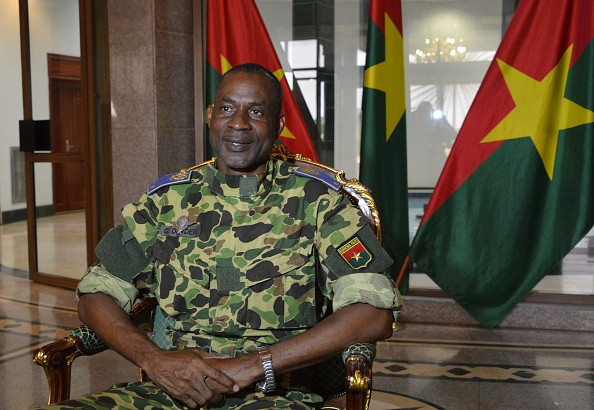Burkina Faso: Draft deal reached but coup leaders want to stay in power until election

Leaders behind a recent coup in Burkina Faso are insisting on staying in power until presidential elections, scheduled for 11 October, are held. The announcement was made after two days of talks in the capital Ouagadougou mediated by the Economic Community Of West African States (Ecowas).
The coup was carried out by the presidential guard – known as the Régiment de Sécurité Présidentielle (RSP) – loyal to previous leader Blaise Compaore, who was driven out in 2014 as he sought to amend the constitution to run in October's presidential election. The guard detained interim president Michel Kafando, prime minister Yacouba Isaac Zida and two other ministers and established a new National Democratic Council (NDC). The hostages, with the exception of Zida, were subsequently released, while general Gilbert Diendere, a former ally of Compaore, was appointed as head of the NDC.
According to some analysts, the coup occurred in retaliation to the declaration of a commission, which suggested the disbanding of the RSP amid allegations members had fired on unarmed protesters during 2014 riots. The presidential guard also said it was unhappy with the ban on candidates, who were close to Compaore in the forthcoming October election.
Burkina Faso
Capital: Ouagadougou
Population: 16.9 million
Official language: French
Main religions: Islam, Christianity, Animism
Largest cities: Ouagadougou , Bobo-Dioulasso,
Koudougou , Ouahigouya , BanforaCurrency: West African Franc
The coup triggered violent protests in the capital, causing the deaths of at least 10 people when the presidential guard opened fire to disperse demonstrators. Protesters also stormed the Leico Hotel in Ouagadougou where talks are ongoing, prompting France to issue a "strong warning" against any attempts to block the talks.
Diendere signed a document stating he will stay in power until election, according to a report by the BBC. This is in contrast with a statement made by regional leaders who are brokering the talks, who said on Sunday (20 September) that a draft deal – yet to be signed by Diendere – could lead to the reinstatement of a transitional civilian government until election.
According to the deal, the coup leaders would be granted amnesty if they agreed to reinstate the civilian government and the election could be postponed until November. The deal also calls for the reinstatement of candidates with close links to Compaore. The draft will be submitted to heads of states during a summit in Abuja, capital of Nigeria, on Tuesday (22September).
The coup was largely condemned by the the UN, US and France, while Taiwan said it will not affect diplomatic ties with the West African nation. The African Union suspended Burkina Faso and threatened to apply sanctions against the leaders behind the putsch.
© Copyright IBTimes 2025. All rights reserved.






















